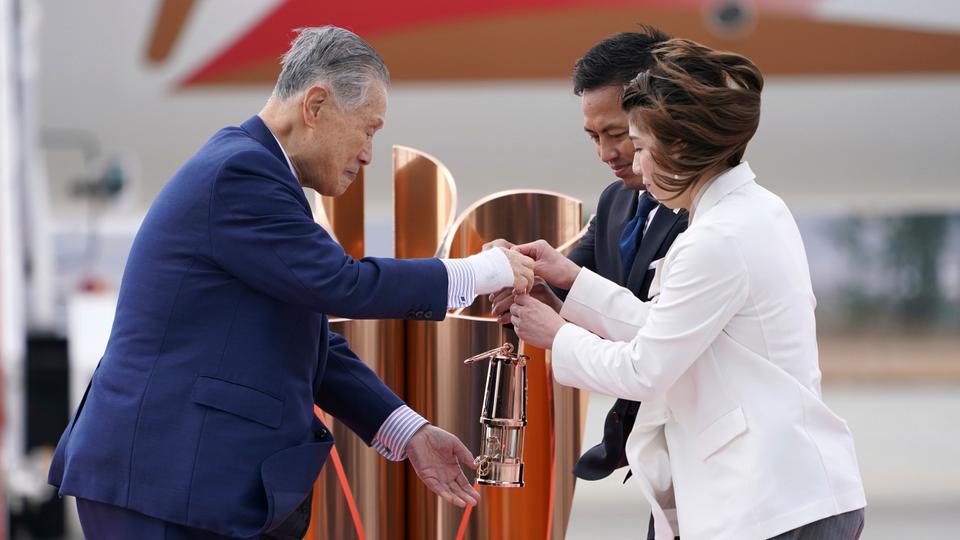
By Roch A. King, Ph.D. |
The news broke early Tuesday morning in the Western Hemisphere that Japan’s Prime Minister Shinzo Abe announced an agreement to delay the Tokyo Olympic Games.
Under growing pressure from National Olympic Committees in places like the United States and Norway advocating for a delay, and ultimately Canada and Australia announcing they would not send teams if the games were held this year, IOC President Thomas Bach was in “100% agreement” with Abe’s proposal to postpone for “about a year” according to the Wall Street Journal.
The 100% agreement statement is critical to the announcement as it satisfies the contractual requirement of mutual variation to the host city agreement. Without mutual variation, whichever party declared a cancellation first would have been exposed to billions of dollars in lawsuits. Queen’s Counsel and Sport Law attorney, John Mehrzad laid out the case for why the announcement of a decision was being delayed despite the mounting indications that a postponement was inevitable. With today’s declaration the two main parties, the IOC and the Tokyo 2020 Organizing Committee, have essentially agreed not to sue each other over the fact that the Games will not take place in 2020. This agreement does not rule out lawsuits from other stakeholders, such as sponsors, suppliers, venues, and especially the housing developers responsible for the Athlete Village. Mehrzad speculates these could spiral out for years.
So what is next? In those cases, judges and juries will try to sort out what is “fair” for the parties affected. The concept of what is fair will also be the most common topic of debate for the national teams and athletes. It would be naïve to believe that all of the assumptions and expectations held for the 2020 games will simply be time-shifted to 2021. The Tokyo Organizing Committee will need to recreate the complex logistics required to host the largest gathering of athletes in the world. In the restructuring it is possible that competition plans and athlete counts will be altered.
There is also the question of qualification as nearly half of the anticipated number of athletes have yet to be identified. The lead up to the Games themselves are highly intricate affairs for the International Sports Federations that run the actual events. The timing of the qualifying of teams and individuals is based around specific timetables leading to the specific dates of the Games. All of this is now in question. For example, sports that have already awarded Qualifying slots, will those remain with individuals? Or will they revert back to the Federations or National Governing Bodies (NGBs) to allow for a new round of qualifications to select athletes that are at their peak much closer to the start of the Games next? What would be considered “fair” for all partying involved? Will eligibility for national team trials in the sports that had schedule those competitions for April-June of this year allow another year to make the standards?
The qualification process for each sport in each country is typically highly debated in the best of times. The pandemic is far from the best of times. Expect to see the first statements from the various Federations and NGBs about their support of the decision to postpone followed shortly by questions from athletes about what does this really mean for my Olympic dream. These details will all need to be worked out and do not be surprised if changes are required. However, make no mistake, the most important element of today’s announcement is that now athletes and their coaches, doctors, and trainers can turn their full attention to their personal health and safety and the well-being of those in their communities. Removing the uncertainty of the Games possibly being held with a global pandemic as a backdrop was vital. The good news is all of the uncertainty to come can be handled.
Dr. Roch King is the chair of sports coaching at the United States Sports Academy.